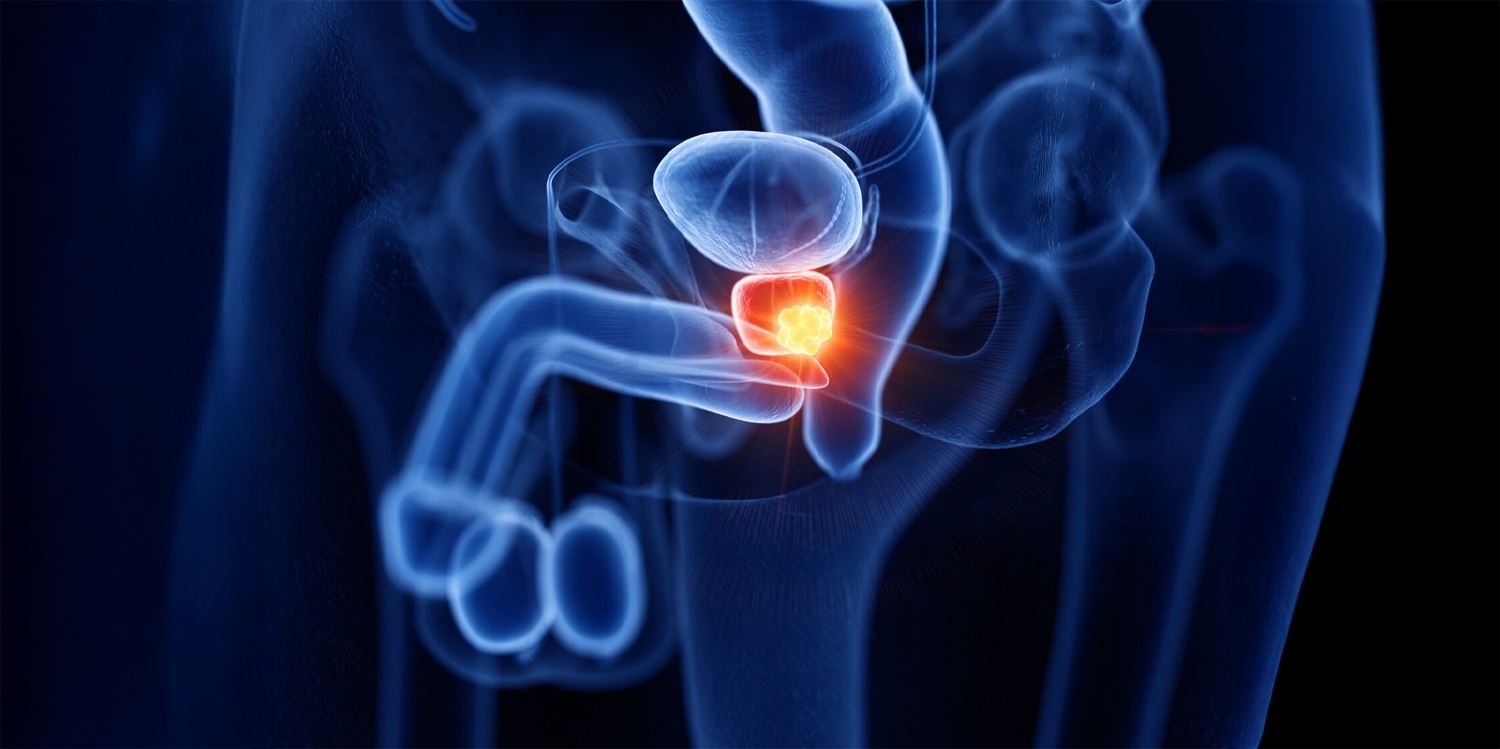
Australian researchers have unveiled a promising new strategy that could be used to treat the most aggressive forms of prostate cancer.
The study, led by Associate Professor Luke Selth from Flinders University and Professor Shudong Wang from University of South Australia, investigated the potential of targeting the protein cyclin-dependent kinase 9 (CDK9), which plays a crucial role in the growth and survival of prostate cancer cells.
More specifically, the researchers tested whether an inhibitor of CDK9 — CDKI-73 — could overcome the cancer’s resistance to current treatments.
“Our research demonstrates that CDKI-73 potently blocks the growth of prostate cancer, even aggressive subtypes of the disease that are resistant to current treatments,” Associate Professor Selth said.
“Importantly, CDKI-73 targets cancer cells specifically without harming normal cells and its potential as an oral capsule makes it an attractive treatment option.”
Using advanced technologies, the study examined the effects of CDKI-73 using an array of prostate cancer models, including patient tumour samples, which revealed not only the effectiveness of the inhibitor but also provided new insights into its mode of action.
“This study represents a significant step forward in understanding the role of CDK9 in aggressive prostate cancer,” Associate Professor Selth noted.
“But having said that, we still need to do a lot more work to fully understand the potential of CDK9 inhibitors and to deliver a new treatment for patients.”
CDKI-73 is currently being investigated in Phase 2 clinical trials in patients with relapsed and therapy-resistant acute myeloid leukaemia, an aggressive blood cancer.
“Our proof-of-principle study is an important step towards future clinical trials and these findings will inform future studies in the use and efficacy of CDKI-73 as a prostate cancer treatment,” Professor Wang said.
Most prostate tumours are exquisitely dependent on androgens and the androgen receptor (AR) for growth. Therefore, the mainstay treatment for metastatic disease is androgen deprivation therapy (ADT), which suppresses androgen biosynthesis and/or binding of ligand to the AR.
One kinase regulator of AR is cyclin-dependent kinase 9 (CDK9), which phosphorylates AR at serine 81 (pSer81-AR), a modification that enhances AR’s transcriptional activity and prostate cancer cell growth.
CDK9 also promotes several other key oncogenic signalling pathways in cancer and CDK9 inhibition disrupts multiple oncogenic pathways and positions CDKI-73 as a promising therapeutic agent for prostate cancer, particularly aggressive, therapy-resistant subtypes.
“CDKI-73 demonstrated preclinical evidence for its utility as a targeted therapeutic agent for leukemia, ovarian cancer, colorectal cancer, and melanoma by promotes apoptosis and inhibits signalling by AR, MYC, and BRD4,” Professor Wang said.
“This results in potent anti-tumour activity in an array of prostate cancer models, including those representative of AR-independent disease states. Combining CDKI-73 with a BRD4 inhibitor exhibited impressive efficacy in aggressive CRPC organoid models of AR-driven and AR-independent disease.
“Collectively, our findings illustrate the potential of CDKI-73 as a novel therapy for lethal prostate cancer.”

